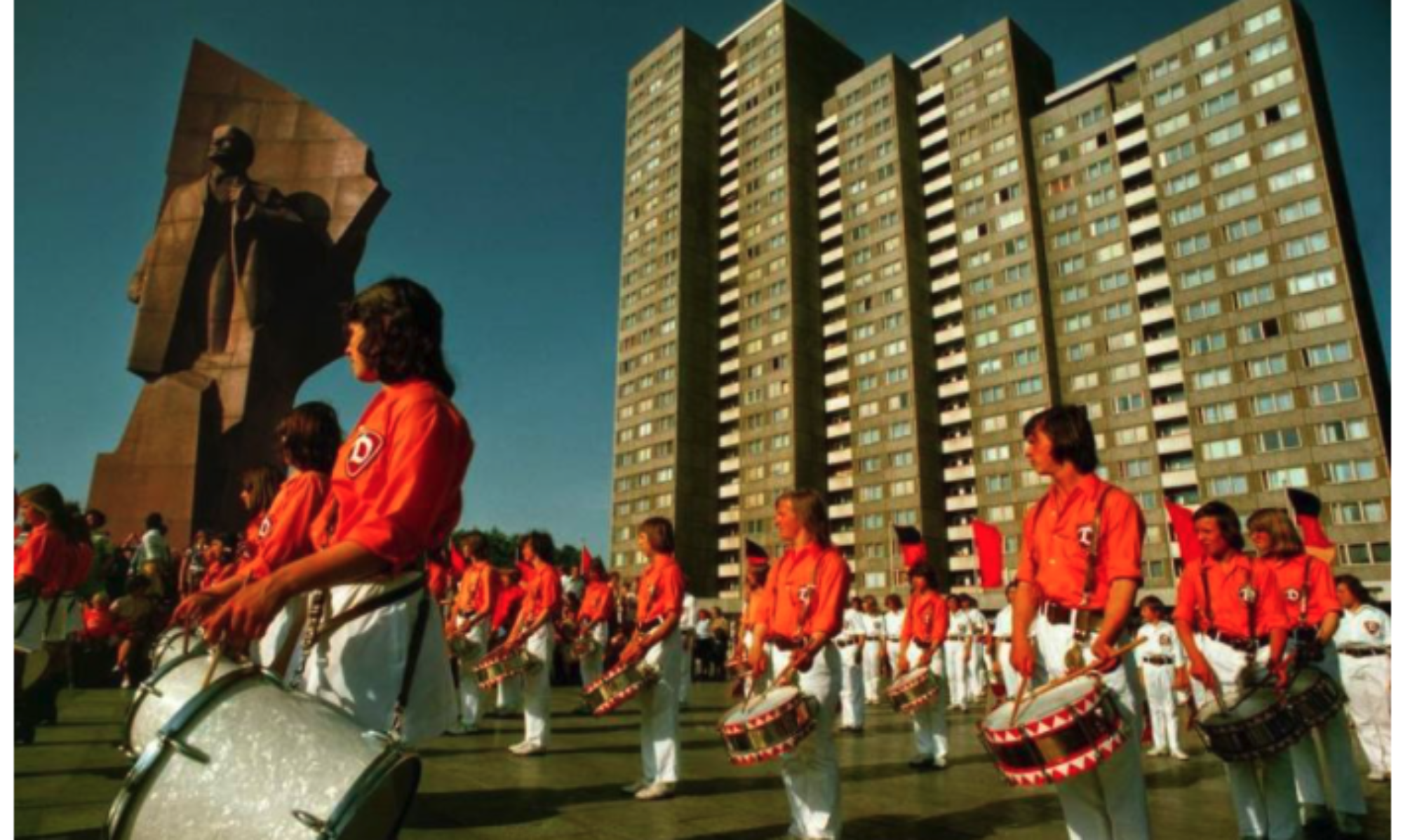Close to the last paragraph of the Garrard reading, she states, “The alternative culture and subcultures that already existed in the GDR were also deemed irrelevant by these young people; rock music had been co-opted by the state, and previous subcultures such as the hippie movement had lost their edge and momentum” (Garrard 176). Now, this is occurring in the 1980s, but it appears to be of some import to consider the previous decades and how this milieu of disillusionment and the subsequent losing of their edge and momentum occurred. Particularly, I would like for us to consider this quote from the Risch reading. “Published interviews indicate that young men also dominated Wroclaw hippie circles. When asked if he remembered any female hippies, Zappa said that young girls and high school students used to frequent hippie gatherings but they tended to be fans of the hippie movement rather than be active in it” (Risch 95). I mention these two quotes in conjunction to point at a possible cause of the loss of momentum in the respective movements; mainly, the notion of a “true punk” or a “true hippie” and isolation that came from within the community. For discussion (in part), to what extent do you believe that the internal structures of the movements were the product of its downfall? How much do you think these communities were unable to drum up sustained support due to patriarchal stereotypes or misogyny? Was the work of the Stasi and the State more influential in their lack of progression?

To answer your last question Bryton, I believe that the Stasi and the GDR itself were incredibly influential in their lack of progression. The attitude of the state during this period, specifically regarding policies that banned activities related to the punk scene, suppressed the freedom of expression of both artists and fans. Specifically, the Stasi-led campaign to break up the movement in 1981 that is referenced on page 154 is one notable instance of the GDR’s opposition. While there were other factors, and while a lack of room to expand will not entirely undo or end the movement, said lack of room in the form of no real encouragement (or even just mere indifference) for the movement on a broad scale can prevent that movement from growing to its full potential. Thus, like a caged wild animal, the punk movement became constricted by the tight confines imposed on it by the GDR and its voice became somewhat muzzled until a second, stronger wave arose. Ironically, though, the fact it was so frowned upon by the state for some time likely ended up in it being saved, as being illegal brings a certain level of appeal with younger crowds if similar efforts/campaigns in Western countries are any indication. Therefore, in a strange sense, the early crackdowns on the movement potentially had the opposite effect by preserving it until there was adequate public support for restrictions to be changed or overlooked.